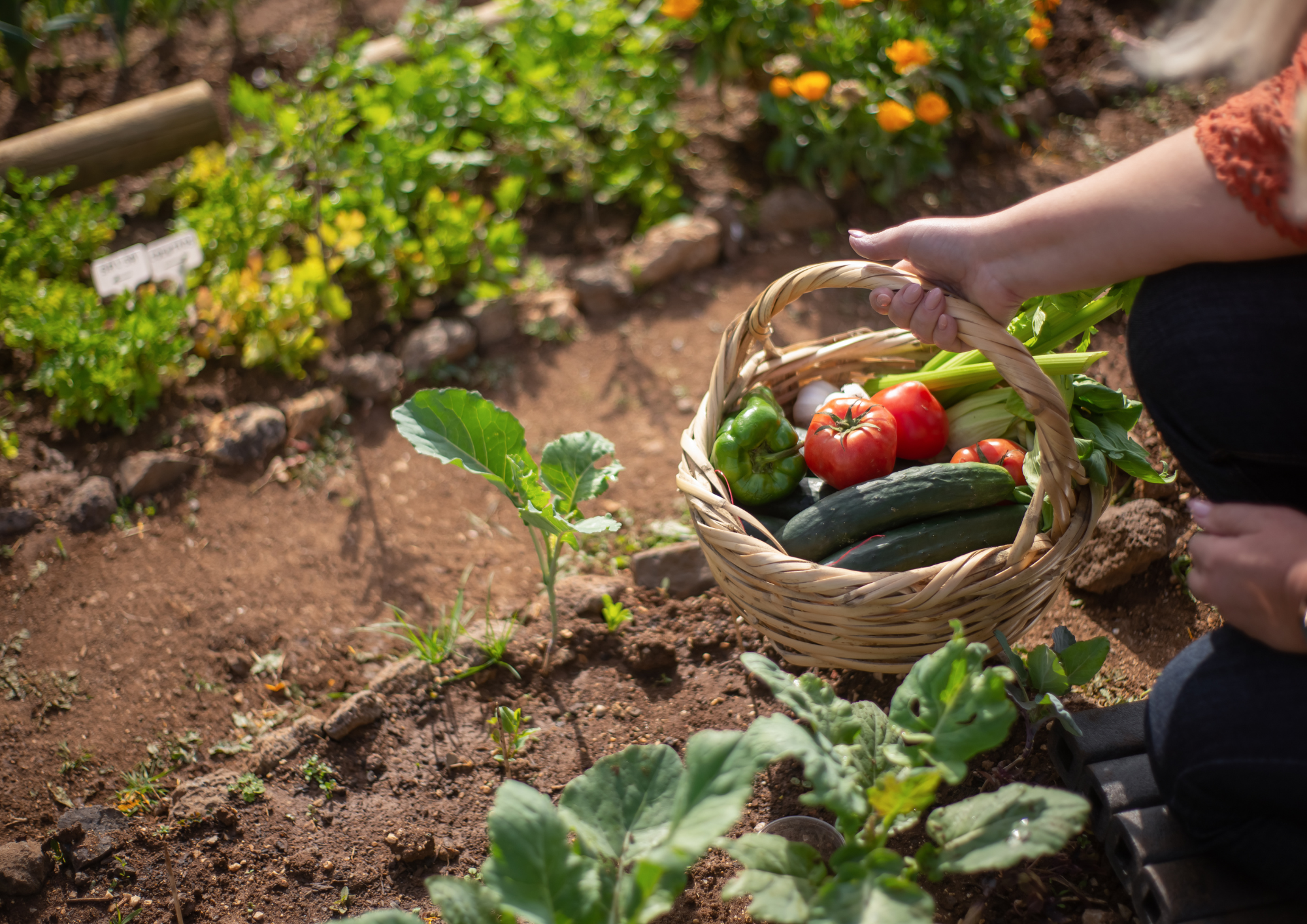NEWS

IN BRIEF

In the face of rising food insecurity, climate change, and inflation, kitchen gardening is emerging as a quiet revolution in Pakistan. From rooftops in Karachi to balconies in Islamabad, households are turning to small-scale gardening not just to grow food, but to build resilience. This blog explores how kitchen gardens are helping families cut costs, reduce carbon footprints, and reconnect with nature offering a sustainable, low-cost solution to some of the country's most pressing challenges.
SHARE
Kitchen gardening is emerging as a quiet yet powerful response to some of Pakistan’s most pressing challenges that are, rising food insecurity, runaway inflation, and the devastating impacts of climate change. As extreme weather events grow more frequent and unpredictable, disrupting agricultural supply chains and reducing crop yields, cultivating food at home offers families a sense of security and resilience. In a country where even basic vegetables are becoming unaffordable for many, growing your own tomatoes, spinach, or coriander is no longer a luxury but a lifeline.
The impact of climate change on Pakistan’s food systems is already visible. The 2022 floods destroyed over 4 million acres of crops in Sindh alone and contributed to a sharp rise in food prices across the country. Unseasonal rains, extended heatwaves, and water shortages are now regular occurrences, leaving farmers and markets vulnerable. Amid this uncertainty, kitchen gardening provides a localized, climate-resilient solution. It minimizes reliance on large-scale agriculture that depends heavily on fossil fuels, fertilizers, and long-distance transportation. Home gardens, by contrast, use less water, generate fewer emissions, and produce fresh food with minimal external inputs. They also promote circular use of resources, where compost made from kitchen waste and greywater from household use can nourish plants and reduce overall waste.
In urban Pakistan, where concrete jungles are expanding and green spaces are shrinking, rooftop and balcony gardens play an equally critical role. They reduce the urban heat island effect, improve air quality, and offer a cooling microclimate for households. These green spaces can be climate action hubs at the household level. In cities like Karachi and Lahore, where summer temperatures regularly soar past 45 degrees Celsius, even small rooftop gardens have been shown to bring down surrounding temperatures and provide shade. By planting local species and leafy vegetables that thrive in the Pakistani climate, families not only grow food but contribute to a more sustainable and adaptive urban environment.
While several community-driven and nonprofit-led efforts are promoting kitchen gardening across Pakistan, the absence of a centralized, government-backed initiative remains a major gap. In cities like Islamabad, organizations such as PODA have stepped in to fill this space by offering climate-resilient gardening workshops for women and youth, focusing on low-cost methods like recycled container gardening, composting kitchen waste, and water-saving irrigation techniques. Additionally, the Allama Iqbal Open University (AIOU) in Islamabad ran a short-course on organic kitchen gardening in early 2025, teaching faculty, staff, and students how to grow vegetables pesticide-free, prepare natural fertilizers, and use vertical gardening on balconies. In Karachi, residents are transforming rooftops into edible green spaces through peer learning and social media groups. Online platforms like Kitchen Gardening Secrets on YouTube provide free, localized guidance for beginners, helping more people start gardens in limited urban spaces. However, these efforts are largely fragmented and limited in reach. To scale the impact of kitchen gardening, there is an urgent need for a centralized national or provincial program, one that provides consistent access to seeds, technical support, and public awareness campaigns. Without formal integration into agricultural and urban planning policies, kitchen gardening risks remaining a niche solution, rather than a widespread climate adaptation and food security strategy.
Starting a kitchen garden is remarkably accessible. Even without a yard, a few pots on a sunny balcony can be enough to grow herbs like mint and basil or leafy greens like spinach and lettuce. Old containers can be repurposed for planting and composting kitchen waste can enrich the soil naturally. For those in water-scarce areas, simple drip irrigation systems made from recycled bottles can make gardening feasible. Local YouTube channels and online communities offer free resources and peer learning spaces where beginners can seek advice, share progress, and troubleshoot.
Begin small and simple. Choose easy-to-grow herbs and vegetables like coriander, mint, spinach, or green chilies as they grow well in Pakistan’s climate and don’t require much space. Use whatever containers you have at home, like old buckets, plastic bottles, or clay pots, and place them in a sunny spot like a balcony, rooftop, or windowsill. Make your own compost by using fruit and vegetable peels to enrich the soil naturally. Start with just a few plants, observe how they grow, and learn as you go. With a little patience and care, you’ll soon be harvesting your own fresh, chemical-free food right at home.
What makes kitchen gardening particularly powerful in Pakistan is its ability to empower households in the face of economic and ecological instability. It encourages dietary diversity at a time when processed foods are taking over family diets. It allows for climate-conscious living without requiring major investments. And it fosters a deeper connection with nature, food, and the rhythms of the seasons such connections that are often lost in urban life.
As Pakistan confronts the triple threat of climate change, food inflation, and health crises, kitchen gardening is an act of adaptation and resilience. It is a way for individuals and families to take meaningful climate action, reclaim some control over what they eat, and cultivate well-being from the ground up.
About the Author:
Momina is a Communications Officer at Accountability Lab Pakistan, and can be reached at momina@accountabilitylab.org
